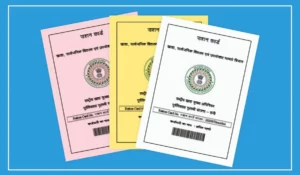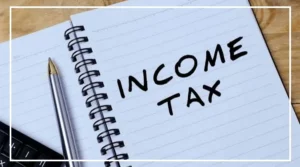Over 1.2 crore central government employees and pensioners across the country are eagerly waiting for the 8th Pay Commission. Though the government approved its formation on 16 January 2025, it has not yet been officially formed.
So far, the chairman and members haven’t been selected, and the Terms of Reference (ToR) are still undecided.
Even after six months, there has been no progress, which makes it clear that the new salary structure is unlikely to be implemented from 1 January 2026. It may take up to 2 years for full implementation.
What Do Past Pay Commissions Show?
Looking at the 6th and 7th Pay Commissions, it usually takes 2 to 2.5 years for the report to be prepared and implemented.
6th Pay Commission
Formed: 5 October 2006
Report Submitted: 24 March 2008
Approved: August 2008 (Retrospective from 1 January 2006)
Duration: About 1 year 5 months to prepare the report, 5 months for approval
Arrears: Paid in two installments
7th Pay Commission
Formed: 28 February 2014
Report Submitted: 19 November 2015
Implemented From: 1 January 2016
Approved: June 2016
Duration: About 1 year 9 months to prepare the report, 7 months for implementation
Arrears: Paid from January to June 2016
8th Pay Commission
The 8th Pay Commission is still not formally constituted. It may be formed by the end of 2025, and the report may come by 2027 or 2028. If things go smoothly, implementation might happen in 2028.
The process includes around 1.5 years for report preparation and another 6–8 months for final approval. But with no chairman and no ToR yet, there’s no clear timeline.
When Will It Be Implemented?
If the commission is formed in late 2025 or early 2026, the report is likely to be ready by 2027 or 2028. Implementation may take another few months.
Even if the government announces retrospective implementation from January 1, 2026, employees may have to wait until 2028 for salary revision.
Current Status of the 8th Pay Commission
So far, the government has only issued a deputation notice for 35 staff positions. There is no word on who will be the chairman, members, or secretary, and ToR discussions are still ongoing.
Without the ToR, the commission cannot begin its work, leaving employees to depend on speculation.
What Are the Employees Demanding?
Central employee unions have submitted several key demands:
Minimum wage based on a family of five
Merger of pay levels
Pension review every 5 years
Full pension restoration after 12 years of service
Adding 50% Dearness Allowance (DA) to the basic salary
How Much Could Salaries Increase?
The most discussed aspect is the Fitment Factor, which determines the salary jump. If the factor is set between 1.92x to 2.86x, the current minimum salary of ₹18,000 could rise to ₹51,000.
Pensioners may also benefit through higher Dearness Relief and improved terms under the New Pension Scheme. However, until the commission is formed and ToR finalized, all figures remain speculative.
Conclusion
The chances of the 8th Pay Commission being implemented from 1 January 2026 are now very low. Until the government formally begins the process and sets a timeline, central employees and pensioners will remain uncertain.
Everyone is now waiting to see whether the government backs the salary hike with a retrospective date or whether the delay continues further.

























